News from the Institute for International Trade
Search news stories
Enter a keyword to search news.
Fourth Australia-Europe Economic Relations Dialogue
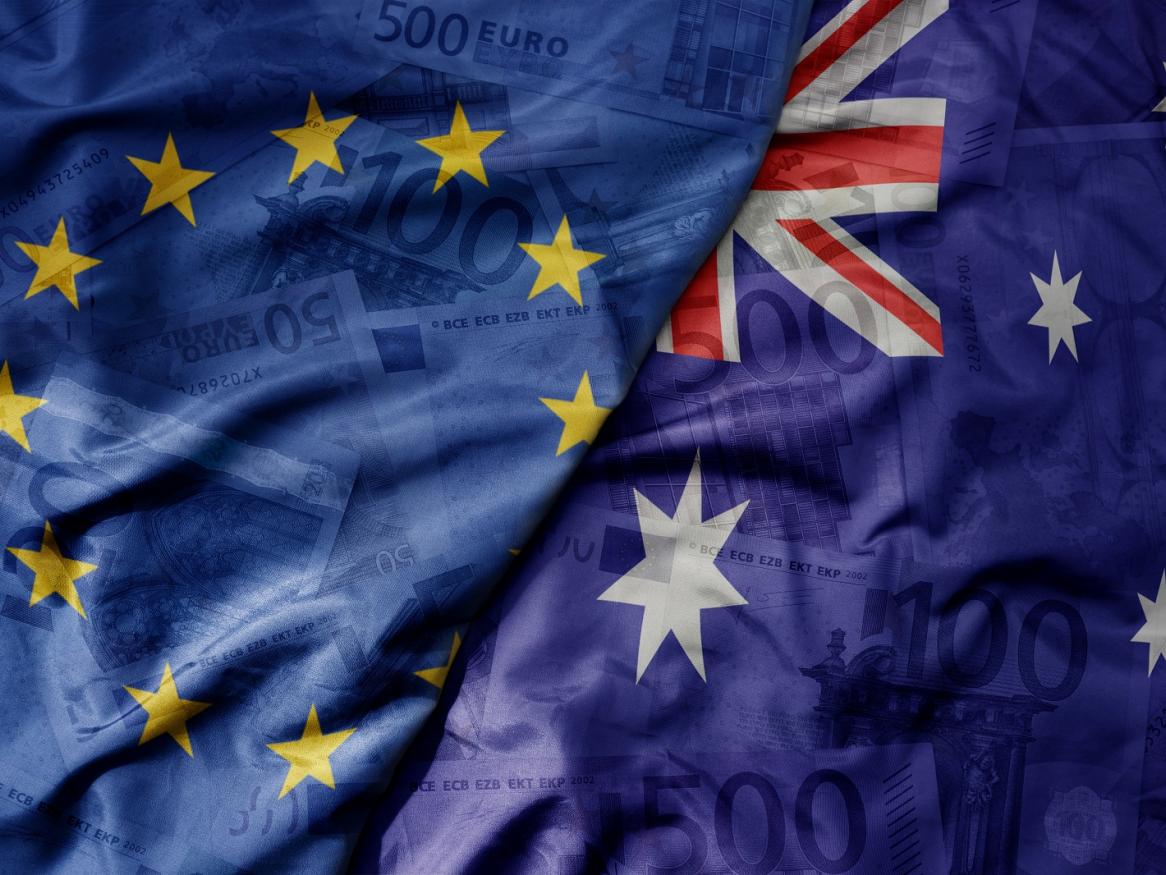
We were honored to host the Fourth Australia-Europe Economic Relations Dialogue at the University of Adelaide on November 18-19, 2024. With the theme "Deepening Australia-EU Relations in Troubled Times for Trade", this year’s dialogue brought together policymakers, industry leaders, and academics to tackle critical global trade challenges and explore opportunities for closer collaboration between Australia and the EU.
[Read more about Fourth Australia-Europe Economic Relations Dialogue ]
Webinar: The Future of Australian Aid for Trade: Challenges and Opportunities in Digital Trade and E-commerce
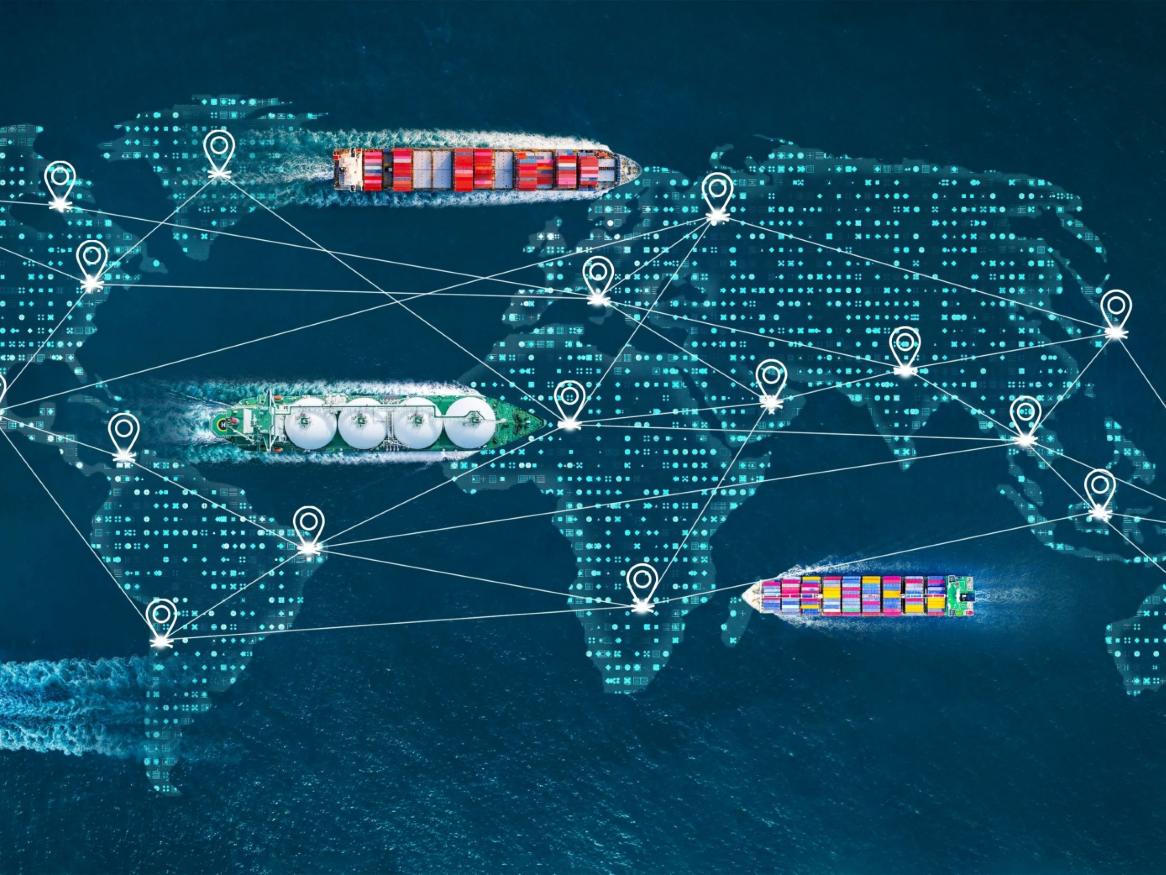
15 November, 2024. The Institute for International Trade and Department of Foreign Affairs & Trade hosted a webinar and presentation on The Future of Australian Aid for Trade: Challenges and Opportunities in Digital Trade and E-commerce. The webinar covered the role of the recently concluded Joint Statement Initiative (JSI) on E-commerce, in promoting common rules and transparency upon which developing countries in our region can base their trade and development trajectories.
The Long and Twisting Road to a Trade Agreement between Australia and the European Union

WORKING PAPER 20 This working paper explores the complex historical and economic relationship between Australia and the European Union (EU), focusing on the challenges in establishing a modern bilateral trade agreement. Although Australia and the EU have shared views on advancing global trade law beyond outdated WTO standards, formal trade negotiations only began in 2017, with several setbacks, including a major collapse in 2021. The paper traces key reasons for this friction, including Australia's strong historical ties with the UK, fluctuating relations with France, and limited engagement from other EU member states. Despite the convergence in trade policies and increased economic ties, factors such as disputes over agricultural access, the geopolitical implications of alliances like AUKUS, and sensitive issues around geographical indicators (e.g., Prosecco and feta) continue to stall progress. This paper underscores that while a trade agreement could yield mutual economic benefits, overcoming entrenched interests and political complexities will be essential for future collaboration.
How is the ‘Business of Climate’ impacting the ‘Climate of Business’?
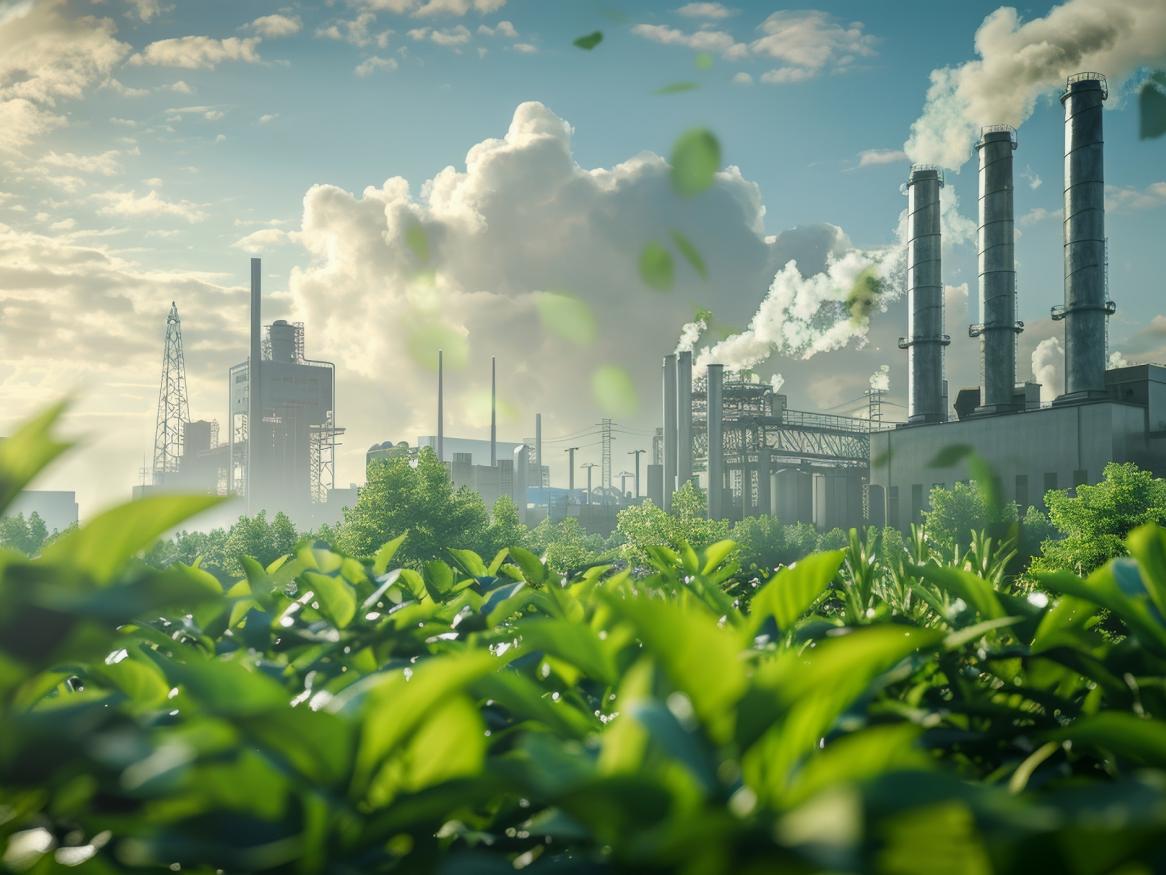
WORKING PAPER 19: The European Union’s Green Deal introduces the Deforestation Regulation and Corporate Sustainability Due Diligence Directive (CSDDD) to ensure sustainable supply chains. These regulations pose challenges for exporters from Emerging Asia, especially smallholder producers, due to strict compliance and documentation requirements. Countries like Indonesia, India, and Malaysia are concerned about the economic burden and trade barriers these rules impose. While certification alignment could ease compliance, high costs remain a barrier. For a smooth transition, the EU needs to improve support mechanisms and foster greater collaboration with affected trading partners
[Read more about How is the ‘Business of Climate’ impacting the ‘Climate of Business’?]
Indonesia’s Trade Policy Regime amidst Global Challenges

POLICY BRIEF No. 28 – Dr Harry Wardana is an Economist at the Institute for International Trade, University of Adelaide. Indonesia's trade policy is currently shaped by a fragmented global trade environment marked by geopolitical tensions and supply chain disruptions. As an emerging economy in ASEAN, Indonesia faces significant challenges, particularly in managing the impacts of global inflation, commodity price volatility, and interest rate hikes. Despite these challenges, Indonesia has maintained steady economic growth, driven by strong fiscal and monetary policy coordination, robust domestic demand, and a positive current account balance. Looking forward, the new government led by Prabowo Subianto must navigate these global risks and chart a strategic path that fosters economic resilience and sustainable growth while maintaining Indonesia's neutral stance in regional geopolitical dynamics.
[Read more about Indonesia’s Trade Policy Regime amidst Global Challenges]
Due Diligence Legislation and Policies: Australia’s TransparencyBased Approach to Addressing Risks of Modern Slavery in Supply Chains
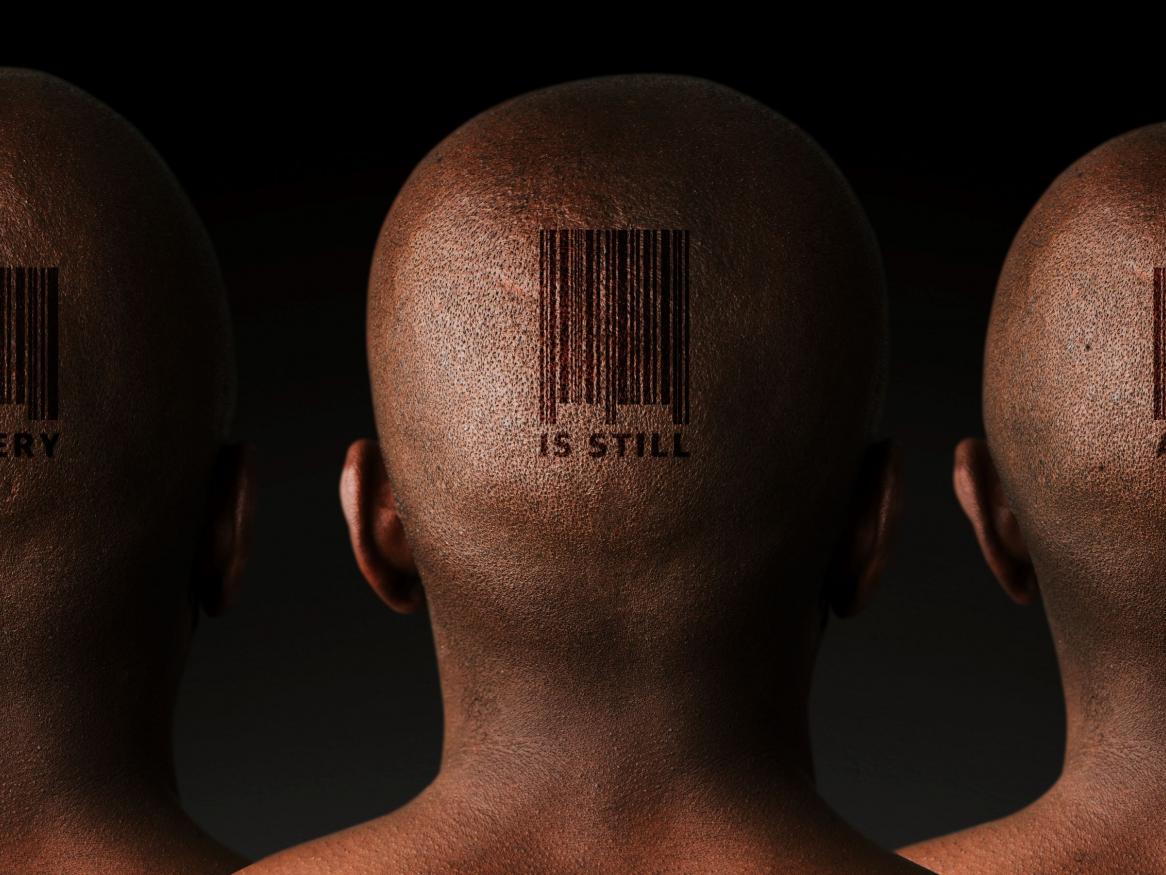
POLICY BRIEF No.27 - Dr Legesse Mengie is a sessional lecturer and researcher at the University of Adelaide and University of South Australia. Australia’s Modern Slavery Act, enacted in 2018, represents a transparency-based approach to combating modern slavery in supply chains. Unlike its counterparts in Europe and North America, the Act lacks penalties for non-compliance and imposes no specific positive due diligence obligations beyond reporting requirements. However, recent studies and the government’s statutory review highlight significant compliance challenges, suggesting that substantial reforms to the current due diligence system are imminent. These reforms are critical for aligning Australia's legislation with international best practices while balancing the need to protect human rights and sustain corporate competitiveness
Implications of the EUDR on global palm oil supply chains
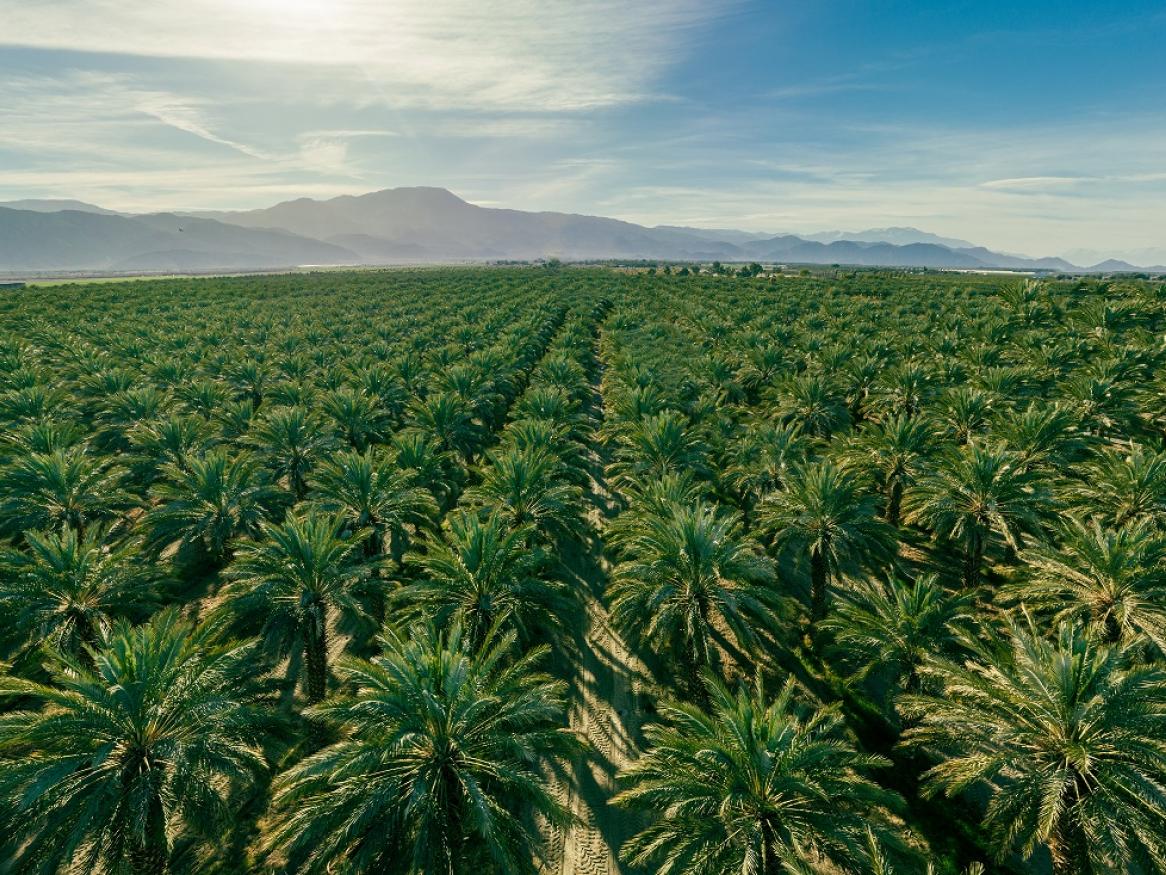
WORKING PAPER 18: From December 2024, the European Union Deforestation Regulation (EUDR) will require palm oil to come from sources not linked to deforestation. This creates challenges for suppliers, especially small ones, due to strict tracking and compliance rules. Countries like Indonesia and Malaysia are concerned about these challenges. However, aligning with certification schemes like Malaysia's MSPO may help gain EU approval. The EUDR also classifies countries by deforestation risk, making it easier for low-risk nations to comply. For a smooth shift to deforestation-free trade, it's important to extend timelines, support small suppliers, and use local initiatives.
[Read more about Implications of the EUDR on global palm oil supply chains]
The Impact of Due Diligence Legislation on International Trade and Business: An Analysis of Potential Trade-Offs

WORKING PAPER 17: As countries increasingly adopt due diligence legislation to promote human rights, labor standards, and environmental sustainability in global value chains, a complex dilemma arises. While these laws commendably aim to address moral and political issues in international trade, they may also impose significant costs on companies, potentially disincentivizing investment and trade. This study examines the impact of due diligence laws on international trade and business, analyzing some 60 cases.
Mapping networks of export credit for fossil and clean energy infrastructure
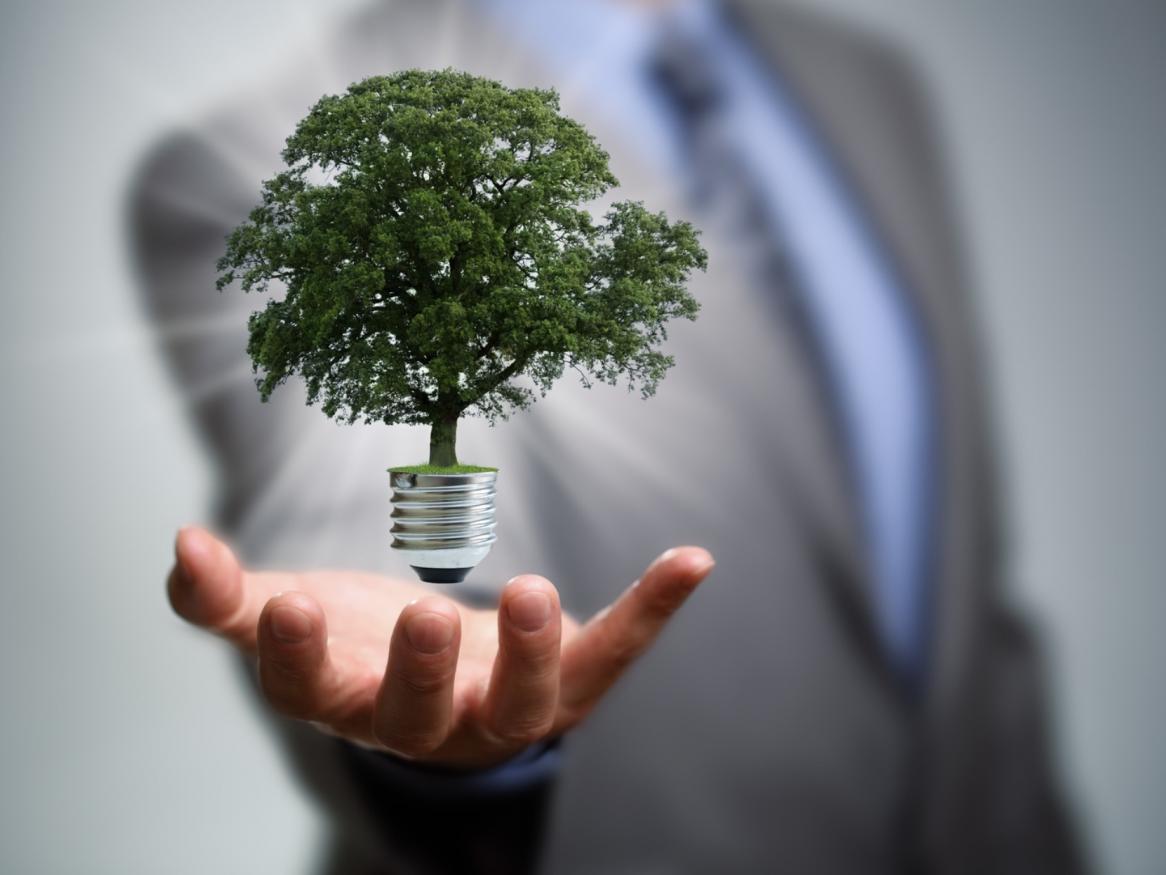
WORKING PAPER 16: Official Export Credit Agencies (ECAs) are pivotal in the global energy sector, investing billions annually in fossil fuel projects. They could significantly boost the energy transition by reducing risks in large projects and supporting climate finance goals. Our working paper analyzes ECA financing in Asia-Pacific, highlighting integrated fossil fuel lending across diverse nations without clear geopolitical divides, unlike the fragmented clean energy network dominated by a "China vs. the rest" pattern. To enhance ECAs' climate contributions, the study suggests ending fossil fuel financing, easing clean energy project requirements, increasing renewable energy funding, and expanding ECAs' roles via blended finance. The IEA stresses ECAs are crucial for achieving net zero by 2050.
[Read more about Mapping networks of export credit for fossil and clean energy infrastructure]
The New Agreement on Electronic Commerce updates The World Trade Organisation Rulebook for the 21st Century

WTO credibility with the global business community is salvaged. Despite much media focus on worrisome protectionist and isolationist trends, a new and constructive era of global trade governance has quietly begun.
This work is licensed under Commons Attribution-NonCommercial-NoDerivatives 4.0 International License.
IIT is a global leader in researching, analysing and commenting on International Trade.
Stay informed about our up-and-coming seminars, events, publications, awards, new projects and collaborations, and other exciting news.
